French President Emmanuel Macron has just begun a trip to Kazakhstan and Uzbekistan aimed at raising Paris's profile in a region that has close ties with Russia, is increasingly close to China and is also receiving special attention from the EU and Türkiye.
The plane carrying President Macron landed in Kazakhstan's capital Astana at 3:45 GMT (10:45 Vietnam time) on November 1.
After Kazakhstan, Mr Macron's next stop is the capital Samarkand of neighbouring Uzbekistan, where he will stay until November 2.
The French leader will hold talks with Kazakh President Kassym-Jomart Tokayev and Uzbekistani President Shavkat Mirziyoyev, followed by the signing of agreements in a number of areas.
Uranium “ diplomacy ”
The focus of Mr Macron’s visit is an effort to diversify France’s uranium supply and reduce its dependence on any one country – a move prompted by geopolitical tensions with the country’s current main suppliers, Niger and Russia. Kazakhstan and Uzbekistan are the Western European nuclear power’s largest and third-largest uranium suppliers, respectively.
The recent coup in Niger, which supplies 15% of France’s uranium needs, has raised questions about whether the African country can continue to be a reliable supplier. Uncertainty has also surrounded uranium imports from Russia since Moscow launched its military campaign in Ukraine.
“Niger raises questions, Russia may also raise questions in the long term if the EU imposes sanctions on Moscow’s nuclear sector. President Macron’s visit to Central Asia is intended to anticipate those concerns,” said Nguyen Phuc Vinh, an expert at the Jacques Delors Institute in Paris.
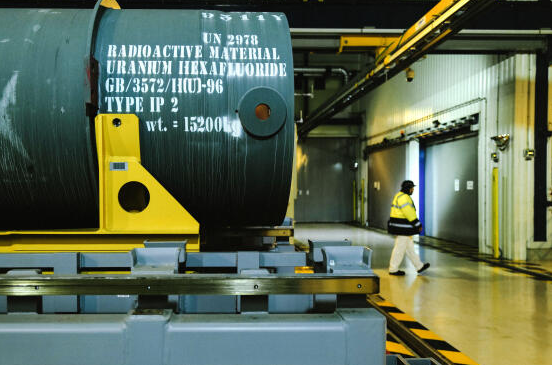
Inside the George Besse II uranium enrichment plant in Tricastin, Saint-Paul-Trois-Chateaux, France, January 26, 2023. Photo: Le Monde
Russia’s nuclear sector has not been targeted by EU sanctions so far, but the bloc’s member states, with the exception of Hungary, have turned their backs on Moscow. EU uranium imports from Russia fell by 16% last year compared to 2021, while uranium imports from Kazakhstan rose by more than 14%.
The global nuclear energy landscape is witnessing change and Kazakhstan, with its abundant uranium resources, is poised to play a key role.
Earlier this year, Yerzhan Mukanov, CEO of state nuclear energy company Kazatomprom, told Politico that he had seen growing interest from Europe, saying Kazakhstan “intends to become a significant contributor to the European nuclear market.”
Mr Macron's visit is in line with the country's desire to expand its nuclear energy sector and build its first nuclear power plant – a venture in which French expertise and investment could play a key role.
French nuclear company Orano is active in Kazakhstan, where it has operated uranium mines since the 1990s, and more recently in Uzbekistan. Orano chairman Claude Imauven was among the top businessmen accompanying President Macron on his trip to Central Asia.
Also present was Luc Remont, head of French energy giant EDF, which has positioned itself as the supplier of nuclear reactors for Kazakhstan's first nuclear power plant.
Competition for influence
France is Kazakhstan's fifth-largest foreign investor, ahead of China, largely thanks to TotalEnergies' involvement in the giant Kashagan offshore oil field project.
Trade turnover between France and Kazakhstan reached 5.3 billion euros in 2022, and Kazakhstan supplies about 40% of France's uranium needs.
When Mr Macron arrives in Astana, the French leader’s agenda will be much more than securing uranium supplies. It is a diplomatic move that includes energy partnerships, economic ties and geopolitical shifts.

Map of Central Asia, with Kazakhstan being the largest country by area. Kazakhstan is also the ninth largest country in the world by area, and the largest landlocked country in the world. Photo: Silk Road Briefing
Central Asia, a region traditionally under Russian influence and once part of the Soviet Union, is receiving increased attention from other powers as Moscow is preoccupied with the war in Ukraine.
Both Kazakhstan and Uzbekistan are moving toward greater economic openness and more balanced diplomacy, although Russia remains their main partner.
The two countries are also benefiting from Chinese investment under the Belt and Road Initiative (BRI) – the “New Silk Road” initiated by President Xi Jinping.
But Europe and Turkey are also joining the race for influence in the region. The EU is now seeking to attract Kazakhstan and Uzbekistan to cooperation and infrastructure investment projects under its “Global Gateway” initiative, the EU’s counterweight to Beijing’s BRI.
Hungarian Prime Minister Viktor Orban and Turkish President Recep Tayyip Erdogan will visit Kazakhstan's capital Astana on November 2 and 3, immediately after Mr Macron .
Minh Duc (According to Politico EU, France24, BNN Breaking)
Source








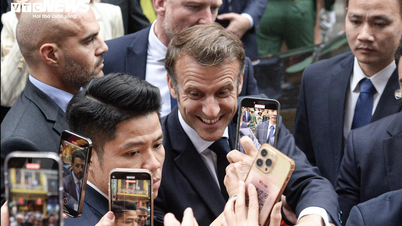



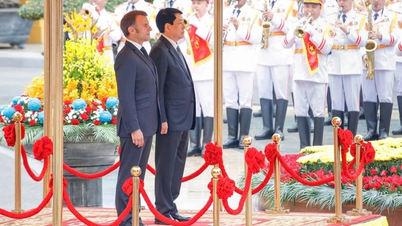

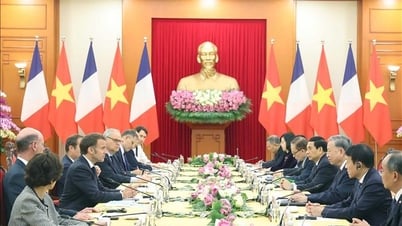

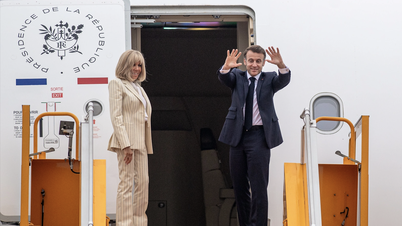
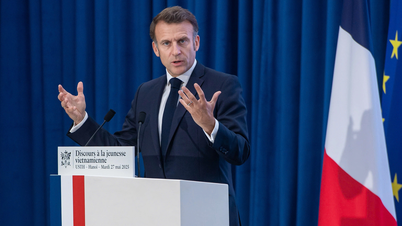
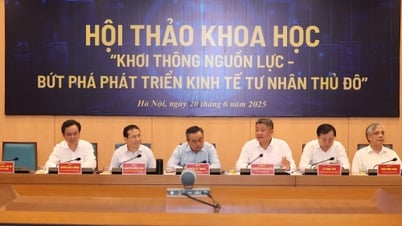


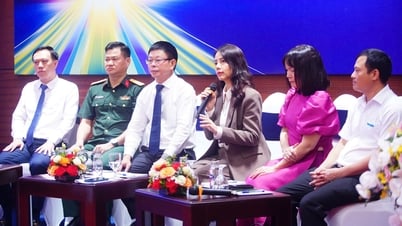
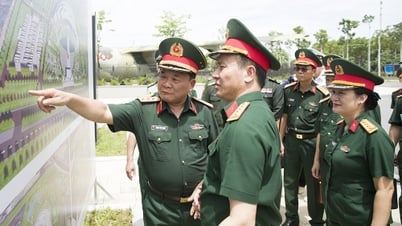
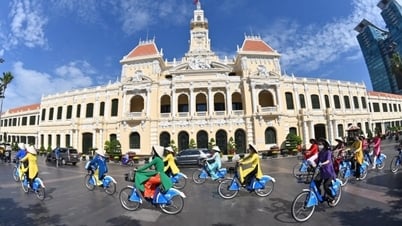
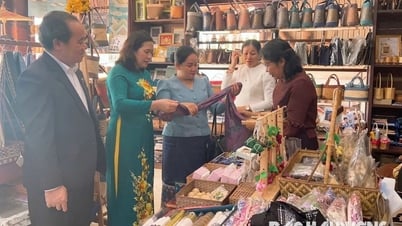





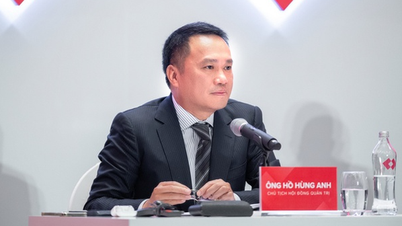



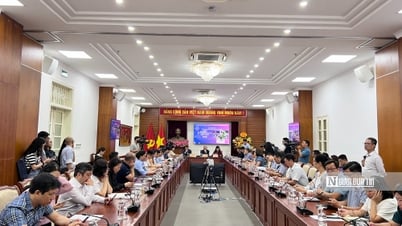
![[Photo] Overcoming the heat, practicing to prepare for the parade](https://vphoto.vietnam.vn/thumb/1200x675/vietnam/resource/IMAGE/2025/6/21/b93392e8da8243b8a32040d19590e048)

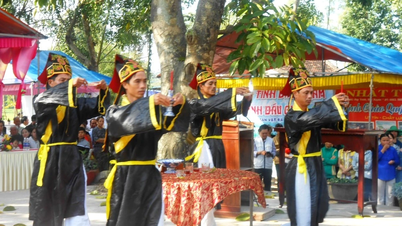

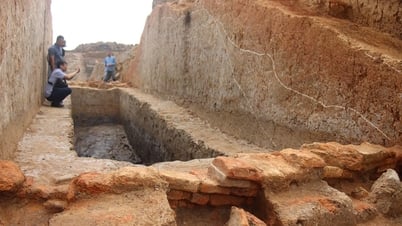

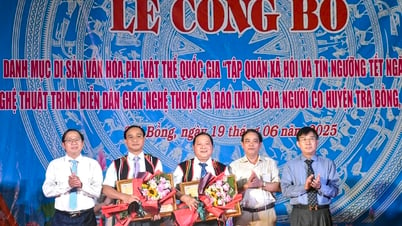







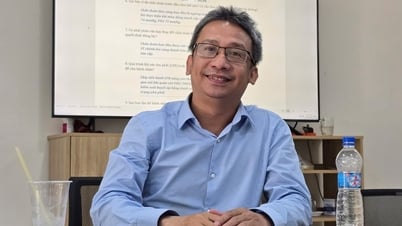


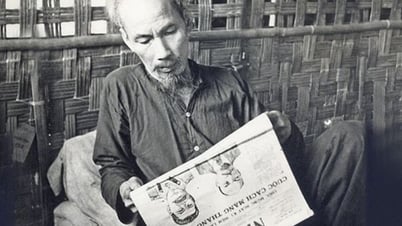
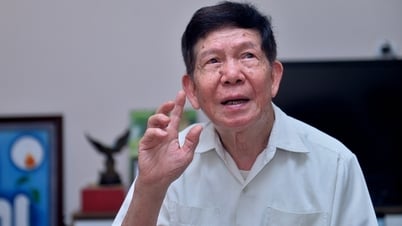








![[Maritime News] Wan Hai Lines invests $150 million to buy 48,000 containers](https://vphoto.vietnam.vn/thumb/402x226/vietnam/resource/IMAGE/2025/6/20/c945a62aff624b4bb5c25e67e9bcc1cb)




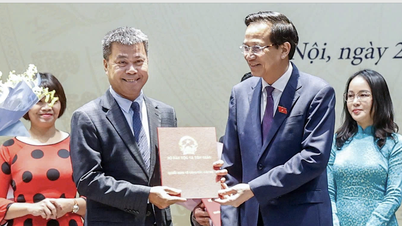

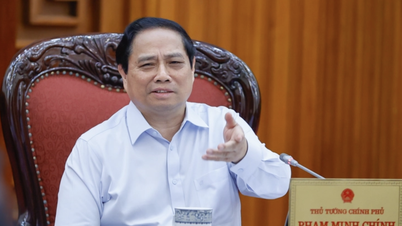
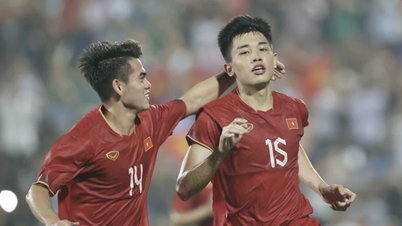

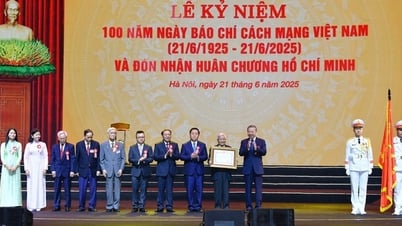

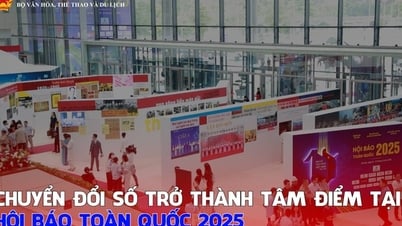
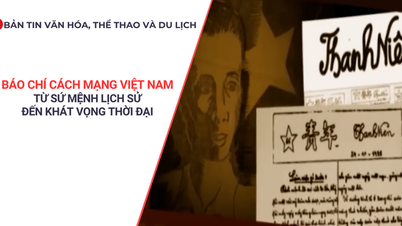
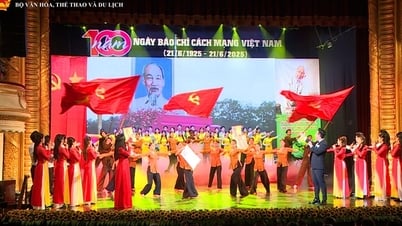
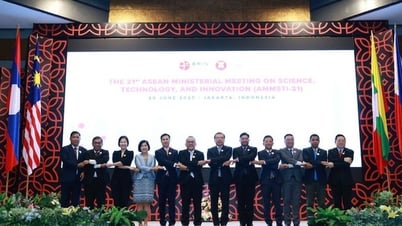


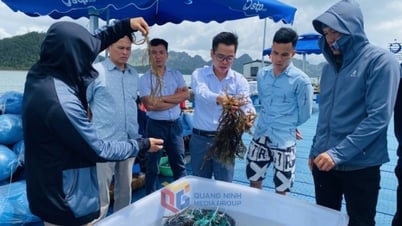

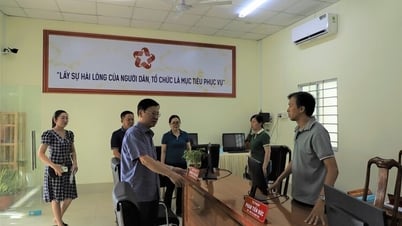

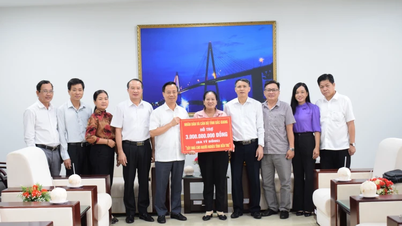

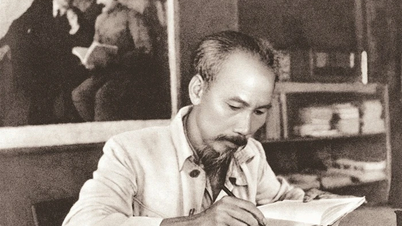
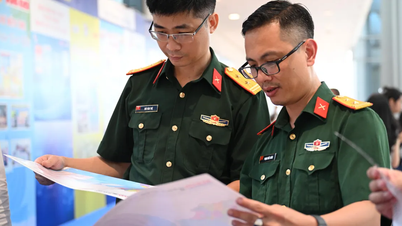
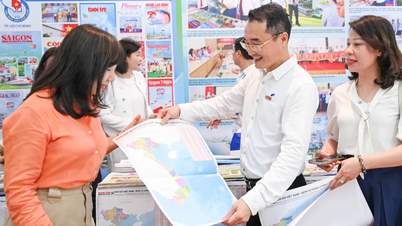













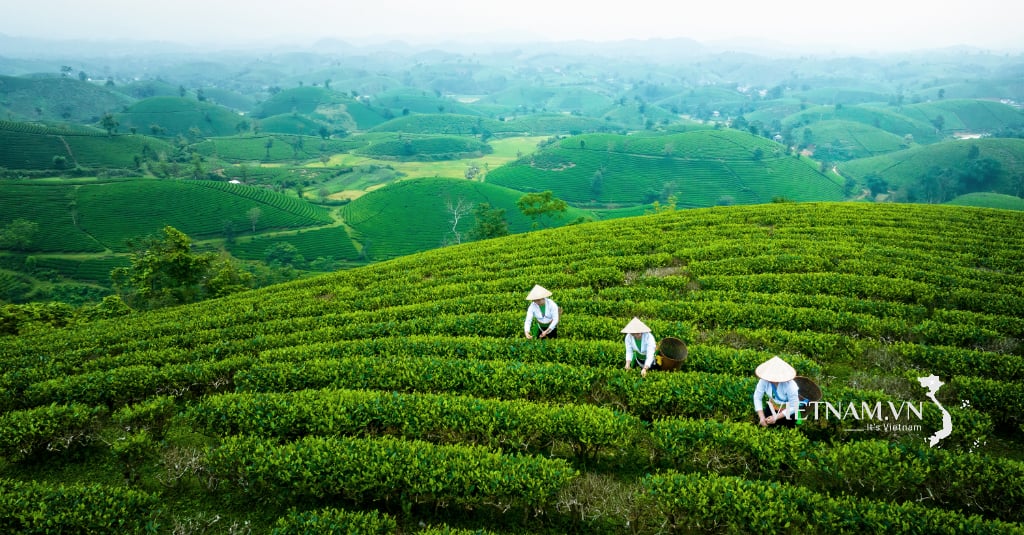
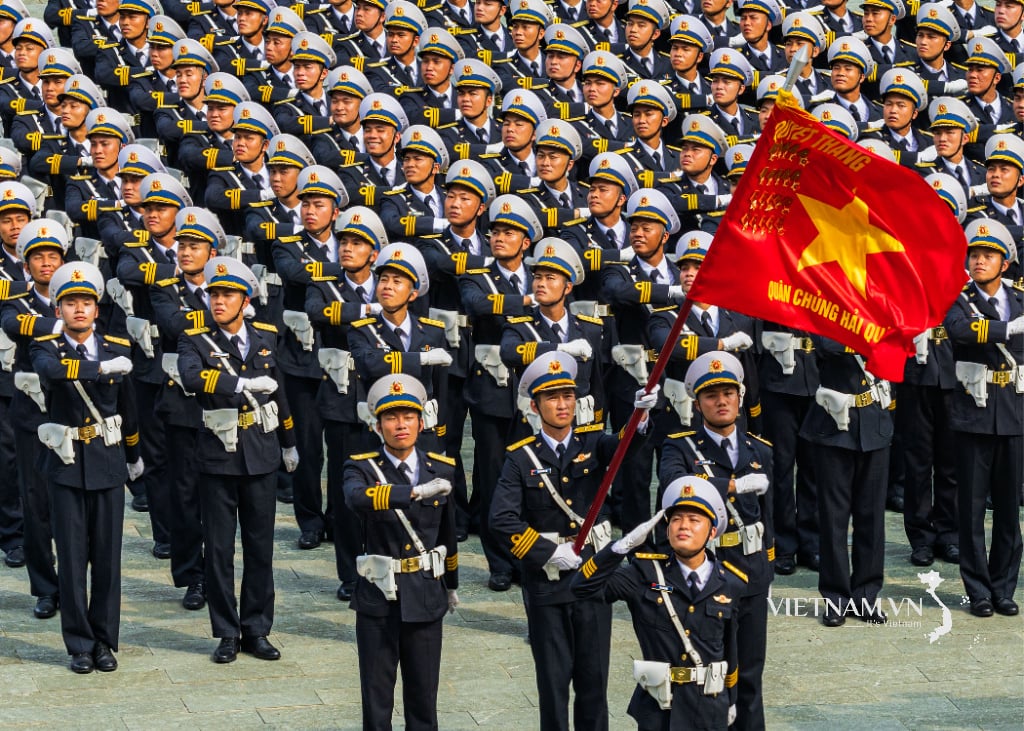

Comment (0)